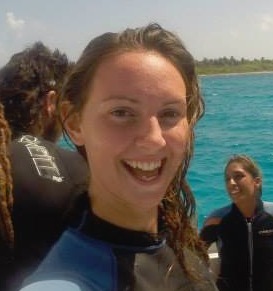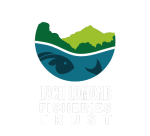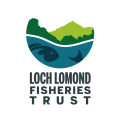Meet The Team
directors
The Loch Lomond Fisheries Trust is governed currently by a Board of 5 Directors, chaired by Dr Hannele Honkanen. The directors have wide ranging expertise in their particular fields and we have representation from land owner, scientific and angling interests. The list of current directors is as follows:
- Dr Hannele Honkanen – SCENE, University of Glasgow
- Dr Jessica Rodger – SCENE, University of Glasgow
- Mr Fergus Colquhoun – Luss estates
- Lord James Graham – Montrose Estates
- Mr John Bell – LLAIA
- Mr Colin Liddel – LLAIA
staff
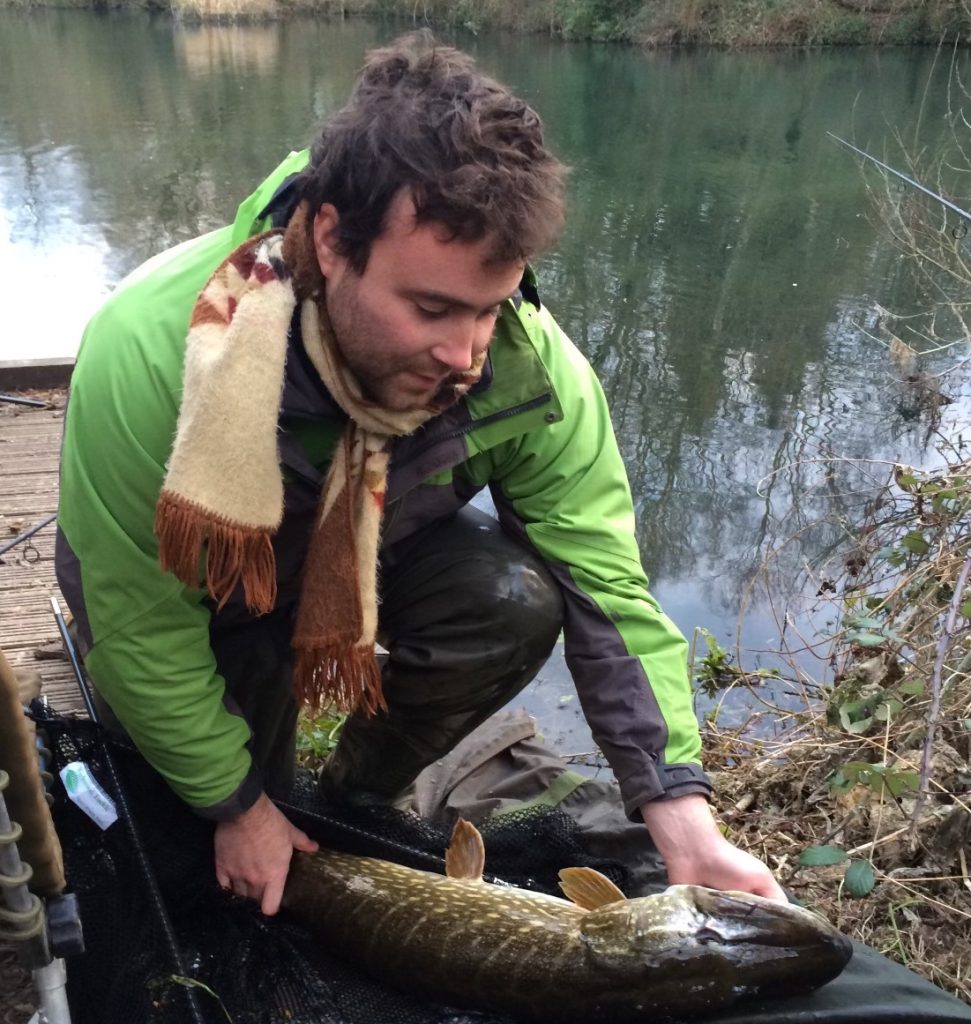
Dr Nicholas Beevers - Trust Biologist
Nick started off his career studying fish biology, fisheries science and marine biology at the University of Plymouth (B.Sc and M.Res) where a scholarship form the English Carp Heritage Organisation (ECHO) led to studies of an emerging and significant virus of carp for his Masters thesis. His first professional post was at the Centre for the Environment, Fisheries and Aquaculture Science (CEFAS) in Weymouth where he focused on fish immunology and pathobiology as a research assistant. In 2006 Nick moved to the University of Glasgow for a Ph.D. in marine fisheries ecology (graduated 2011) where he was tasked with bettering our understanding of how a destructive parasite persists in the Langoustine population of the Firth of Clyde.
After his Ph.D., Nick studied various topics at post-doctoral level at Glasgow University including salmonid behavioural physiology in the lab and pure marine biology in the field. He also worked closely with the IBIS project at the Scottish Centre for Ecology and the Natural Environment (SCENE) on Loch Lomond where he co-delivered continuing professional development courses in statistical analysis and survey design for aquatic science. Between 2012 and 2014 Nick also co-founded a small consultancy company which won several contracts to deliver desktop studies in fisheries survey design and literature reviews. In 2014, Nick moved to Hampshire where he took up the role of Lecturer in fisheries science and marine ecology for Sparsholt College and the University of Portsmouth, until 2016. After Sparsholt, Nick focused on science communication and outreach with the Rivers Trust Thames21, where he delivered a range of school and citizen science projects across London.
In 2018 Nick returned to Scotland where he now lives in Garelochhead with his family and is a director and senior youth work volunteer for Centre81, an established and successful youth project for Helensburgh and Lomond. Nick started at the Loch Lomond Fisheries Trust in 2022 as Biologist and is looking forward to using his science, education and outreach experience to bring the work of the trust to as big an audience as possible.

Jay Malpas - Assistant Biologist
Jay joined the trust in May 2023 as an Assistant Biologist. She grew up in South Wales, but since leaving has lived and worked in the Caribbean, Madagascar, the Lake District and Lancashire before moving to Scotland this year. Before joining LLFT, Jay was a Fisheries Monitoring and Project Officer at Ribble Rivers Trust, where a large part of her role was carrying out electrofishing surveys at over 300 sites across the catchment.
Jay completed her degree in Marine and Freshwater Conservation at the University of Cumbria in 2020, where she developed a keen interest in Elasmobranchs, particularly Guitarfish! She was even lucky enough to complete her dissertation project on these critically endangered species in The Gambia, West Africa!
Outside of the trust, Jay is an avid wild swimmer, surfer, paddle boarder and hiker! Spending every moment that she can out in nature!
Beth Watson – Seasonal Assistant Biologist
Beth has recently joined the trust as a seasonal assistant biologist. Growing up in Northern Ireland, Beth moved to Scotland to start her undergraduate degree in Zoology. During this time she worked on projects in Trinidad and Tobago and volunteered with the RSPB on an island off the north coast of Ireland.
After completing her Zoology degree at the University of Glasgow in 2021 she stayed on to do her masters in Ecology and Environmental Biology. With an interest in invertebrates and parasitic life cycles, during her masters she completed a project on Lyme Disease focusing on the prevalence and distribution of ticks throughout Aberdeenshire. After recently graduating in December 2023, she’s looking forward to getting involved with projects in the trust.
In her spare time Beth enjoys being outside in nature, hiking, running and bouldering.
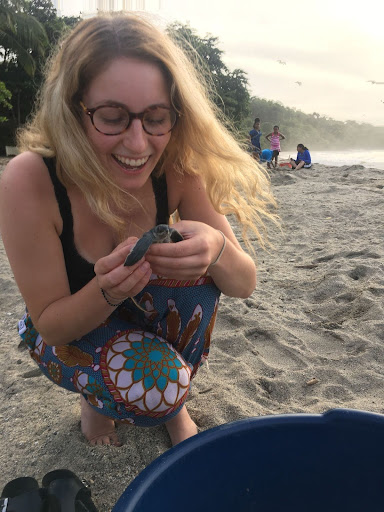
Jen – Seasonal Assistant Biologist
Jen has both a BSc and M.Res in wildlife ecology, marine biology and conservation, culminating in a Masters thesis addressing trends and movements of rare and elusive stingrays of Mozambique using long-term citizen science observational data from a marine research organisation in Tofo Mozambique. Jen went on to run that marine research organisation in Mozambique from 2019 through to 2023, directing and supervising projects ranging from photo-identification of whale sharks, documentation of rare cetacean stranding events, through to developing the first long-life remote underwater camera to observe some of the Indian Ocean’s rarest and most little-understood wildlife, such as the smalleye stingray and bowmouth guitarfish. Long term data collection on reef fish biomass and biodiversity was among the most valuable information resources, providing vital information for engagement with local communities and collaboration with governing bodies, delivering accessible science to make management decisions to ensure the healthy reef fish population for local sustenance but also a healthy ecosystem to sustain a growing tourism sector.
